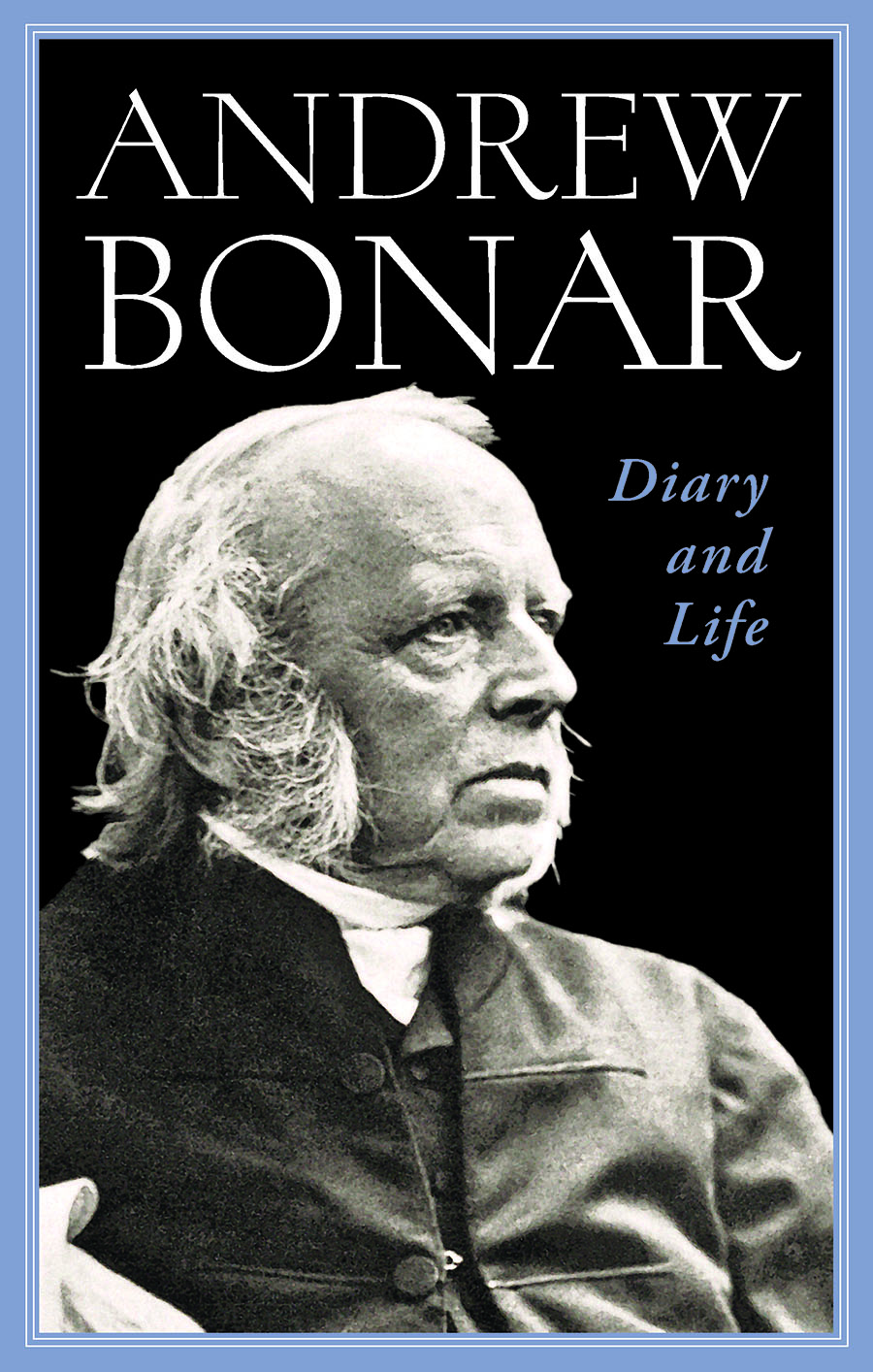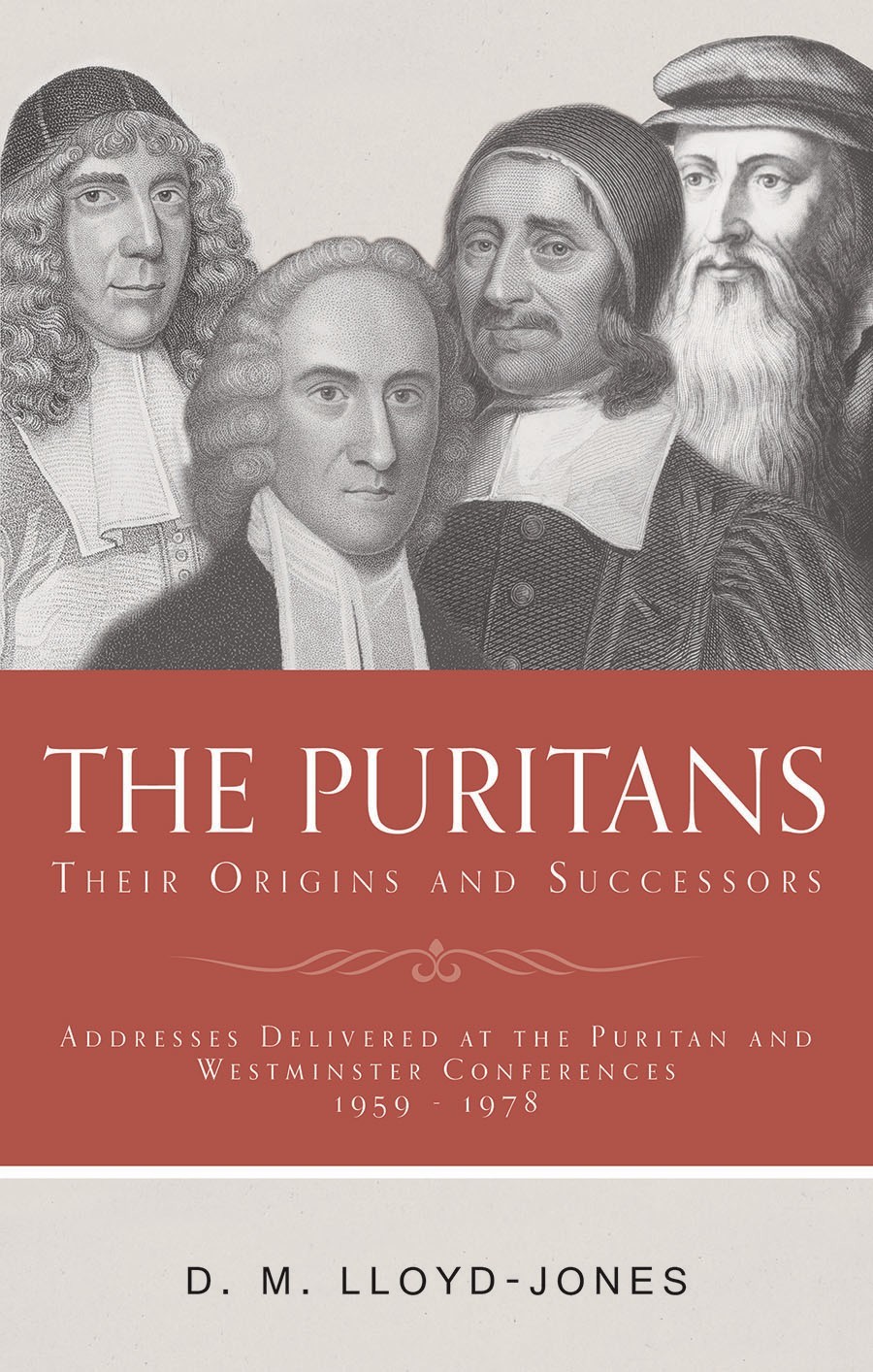Puritans
Their Origins & Successors
Out of stock
| Weight | 0.67 kg |
|---|---|
| Dimensions | 22.3 × 14.3 × 3.3 cm |
| ISBN | 9781848714700 |
| Binding | Cloth-bound |
| format | Book |
| page-count | 440 |
| Original Pub Date | 1987 |
| Banner Pub Date | Apr 1, 1987 |
Book Description
What did the Puritans and their successors teach? Was their teaching biblical? What can we learn from them for our life and witness today? These questions guided Dr. Lloyd-Jones in giving the addresses in this volume. Far from sharing the idea that a knowledge of the past is useless or irrelevant, he believed that the study of history is vital to the well-being of the church today.
In these addresses given at the Puritan Studies and Westminster Conferences between 1959 and 1978, Dr. Lloyd-Jones ranges widely over the history of Reformed Christianity from the Reformation to the nineteenth century, drawing lessons from major figures like Calvin and Knox, Bunyan and Owen, Edwards and Whitefield, and from lesser-known men such as Henry Jacob, John Glas and Robert Sandeman.
Written in an absorbing and stimulating style, these studies continue to speak with great insight and relevance to the church of the twenty-first century.
Table of Contents Expand ↓
| Publisher’s Introduction | vii | |
| 1959 | ||
| Revival: An Historical and Theological Survey | 1 | |
| 1960 | ||
| Knowledge — False and True | 24 | |
| 1961 | ||
| Summing-Up: Knowing and Doing | 46 | |
| 1962 | ||
| Puritan Perplexities — Some Lessons From 1640-1662 | 54 | |
| 1963 | ||
| John Owen on Schism | 73 | |
| 1964 | ||
| John Calvin and George Whitefield | 101 | |
| 1965 | ||
| ‘Ecclesiola in Ecclesia’ | 129 | |
| 1966 | ||
| Henry Jacob and the First Congregational Church | 149 | |
| 1967 | ||
| ‘Sandemanianism’ | 170 | |
| 1968 | ||
| William Williams and Welsh Calvinistic Methodism | 191 | |
| 1969 | ||
| Can We Learn From History? | 215 | |
| 1971 | ||
| Puritanism and Its Origins | 237 | |
| 1972 | ||
| John Knox — The Founder of Puritanism | 260 | |
| 1973 | ||
| Howell Harris and Revival | 282 | |
| 1974 | ||
| Living the Christian Life — New Developments in the 18th and 19th-Century Teaching | 303 | |
| 1975 | ||
| ‘The Christian and the State in Revolutionary Times’: The French Revolution and After | 326 | |
| 1976 | ||
| Jonathan Edwards and the Crucial Importance of Revival | 348 | |
| 1977 | ||
| Preaching | 372 | |
| 1978 | ||
| John Bunyan: Church Union | 390 | |
| Index | 413 |
More items to consider:

Andrew Bonar
Diary & Life
Description
Brings together the addresses given by Dr Lloyd-Jones at the Puritan Studies and Westminster Conferences 1959–1978. 448pp.

Description
Brings together the addresses given by Dr Lloyd-Jones at the Puritan Studies and Westminster Conferences 1959–1978. 448pp.

John G. Paton
The Autobiography of the Pioneer Missionary to the New Hebrides (Vanuatu)
Description
Brings together the addresses given by Dr Lloyd-Jones at the Puritan Studies and Westminster Conferences 1959–1978. 448pp.



John Byk –
Just when I think that I see the brilliance that is Martyn Lloyd-Jones, I am always delighted to see another glimpse of his genius. I got this new hardcover addition with my Amazon reward points for only $3. I wouldn’t let it go for a million.
Matthew –
I absolutely recommend this book for anyone with even a passing interest in the history of the Puritans or Church history in general. It is not a strictly academic work, so you will not get a complete beginning to end timeline of Puritanism with a plethora of citations, that is just not the nature of this book.
What you will get, is an in depth look at the spiritual lives of several of the prominent men within or related to Puritan Christianity, and a very detailed account of how Puritan practices worked out in their time. My personal favorite is the chapter about Jonathon Edwards and revival. The description is most accurate in describing the style of Lloyd-Jones as “absorbing and stimulating”. One of my favorite Banner of Truth books to be sure.
Nicu –
I warmly recommend this book. It is a grace that in English we have access to all this deep spiritual literature. God bless the banner of Truth for all published books